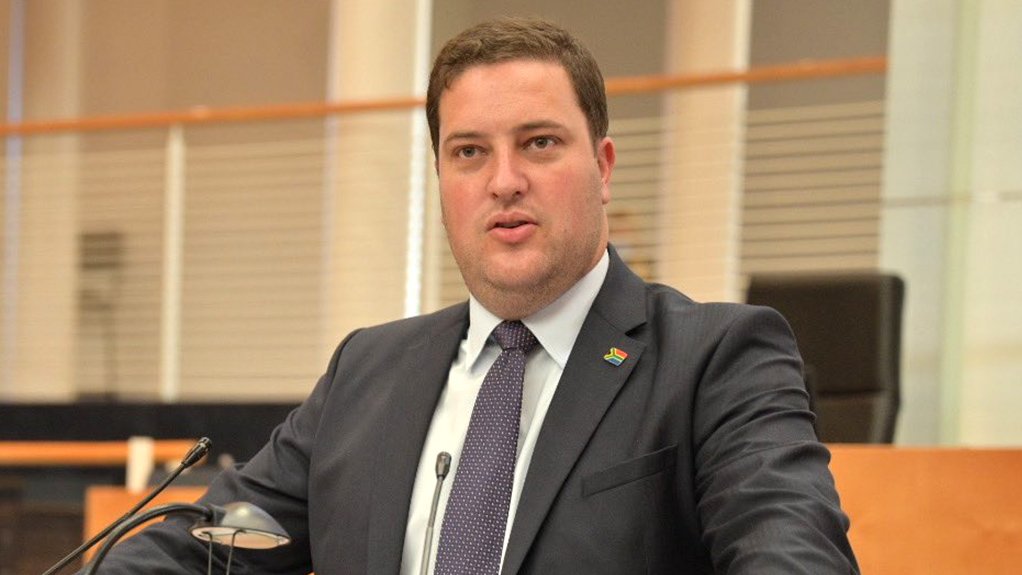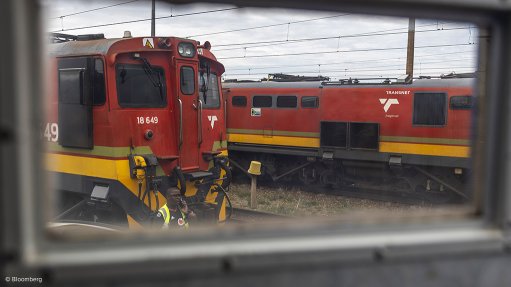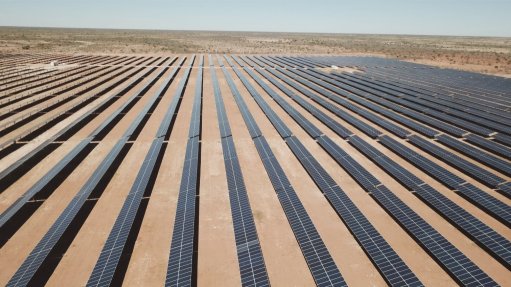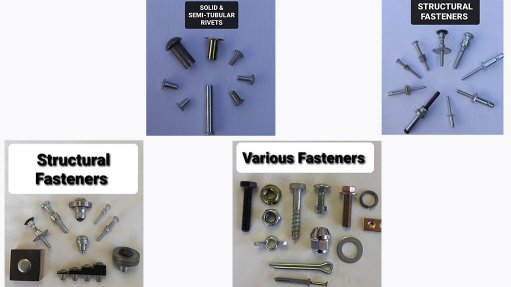Cape Town mayor outlines city’s plans to achieve energy autonomy from Eskom
Cape Town Metropolitan Mayor Geordin Hill-Lewis on Monday highlighted the city’s programme to generate power locally and free the Metro from loadshedding (rolling power cuts) imposed by the national electricity utility Eskom. He was addressing the Energy Indaba conference being held in the city.
“Loadshedding and rolling blackouts are the number one handbrake on the South African economy right now,” he pointed out. A manufacturing industry could not be developed under loadshedding conditions. Services could get by, for example, by installing solar power systems. But that was not an option for heavy industry. And economic growth was essential to eliminate the serious problem of poverty.
Eskom and the natgovernment were on the right path, he said, but they still had a long way to go, and they still had serious policy disagreements at the highest levels. He pointed out that the country had had loadshedding for 15 years and that it was actually getting worse. “We cannot become used to failure,” he warned.
He noted that Cape Town had a head start over the country’s other cities in that it benefitted from the Steenbras Hydro Pump Power Station. Commissioned in 1980, the power station was owned and operated by the Cape Town City government and had been thoroughly maintained and was in excellent condition. Steenbras always saved Cape Town from at least one loadshedding stage, and often from two stages.
But the City Council also had a 50-month programme, that was publicly available, to give Cape Town total immunity from loadshedding. This programme was already budgeted for.
This was complemented by a number of policy changes by the city. Thus, since September, the city has had a policy to buy surplus solar-generated electricity from commercial entities. “We’re getting that payment system up and running,” he reported. The aim was to encourage commercial businesses to cover their extensive roofs with solar panels. Once the system had been proven with commercial property owners, it would be rolled out for private property owners.
Cape Town was also the only city in the country that had so far implemented a wheeling power pilot project, with eight participants. Wheeling power meant that these eight entities sold power they had generated to third parties, using the city’s distribution system, for which they paid a small fee.
The city had concluded the first round of the bidding process for independent power producers for Cape Town. This was a small round, for a total capacity of 200 MW to 300 MW. But this was not for ‘despatchable’ power, that is, there was no requirement for storage. Solar power produced most electricity at mid-day, but peak demand was in the morning and evening.
So, in January, the city would issue a tender for a “very significant” capacity of dispatchable power, that is, it would include energy storage. Hill-Lewis stressed that the tender would be technology-agnostic and that there would be no capacity cap. All that would be required was that the price of the electricity produced would match, or beat, Eskom’s price.
Cape Town was also doing “fairly detailed” investigations into energy storage systems, he noted. Batteries were expensive, but the costs were coming down. The alternative was to expand the Steenbras power station. The decision would be taken in due course.
He also highlighted various administrative hurdles, imposed by the national government, that the Metro had had to overcome or even disregard (because the city had concluded, after due consideration, that they were not applicable), to implement its local power generation programmes. He also noted that there was confusion in national government about what administrative procedures were relevant to Cape Town’s programmes and which weren’t.
The mayor further stressed the importance of maintaining the city’s infrastructure. He cited National Treasury’s expectation that each municipality would spend 8% of its budget on infrastructural repair and maintenance. Cape Town was at 7.4%, although this was much better than other cities – Johannesburg was spending just 2%, for example. Cape Town had imposed a new budget rule, to increase its infrastructure repair and maintenance spending to 8% of its budget. And a second new budget rule was that its infrastructure budget must increase each year by the inflation rate plus the rate of growth of the Metro’s population.
Comments
Press Office
Announcements
What's On
Subscribe to improve your user experience...
Option 1 (equivalent of R125 a month):
Receive a weekly copy of Creamer Media's Engineering News & Mining Weekly magazine
(print copy for those in South Africa and e-magazine for those outside of South Africa)
Receive daily email newsletters
Access to full search results
Access archive of magazine back copies
Access to Projects in Progress
Access to ONE Research Report of your choice in PDF format
Option 2 (equivalent of R375 a month):
All benefits from Option 1
PLUS
Access to Creamer Media's Research Channel Africa for ALL Research Reports, in PDF format, on various industrial and mining sectors
including Electricity; Water; Energy Transition; Hydrogen; Roads, Rail and Ports; Coal; Gold; Platinum; Battery Metals; etc.
Already a subscriber?
Forgotten your password?
Receive weekly copy of Creamer Media's Engineering News & Mining Weekly magazine (print copy for those in South Africa and e-magazine for those outside of South Africa)
➕
Recieve daily email newsletters
➕
Access to full search results
➕
Access archive of magazine back copies
➕
Access to Projects in Progress
➕
Access to ONE Research Report of your choice in PDF format
RESEARCH CHANNEL AFRICA
R4500 (equivalent of R375 a month)
SUBSCRIBEAll benefits from Option 1
➕
Access to Creamer Media's Research Channel Africa for ALL Research Reports on various industrial and mining sectors, in PDF format, including on:
Electricity
➕
Water
➕
Energy Transition
➕
Hydrogen
➕
Roads, Rail and Ports
➕
Coal
➕
Gold
➕
Platinum
➕
Battery Metals
➕
etc.
Receive all benefits from Option 1 or Option 2 delivered to numerous people at your company
➕
Multiple User names and Passwords for simultaneous log-ins
➕
Intranet integration access to all in your organisation



















